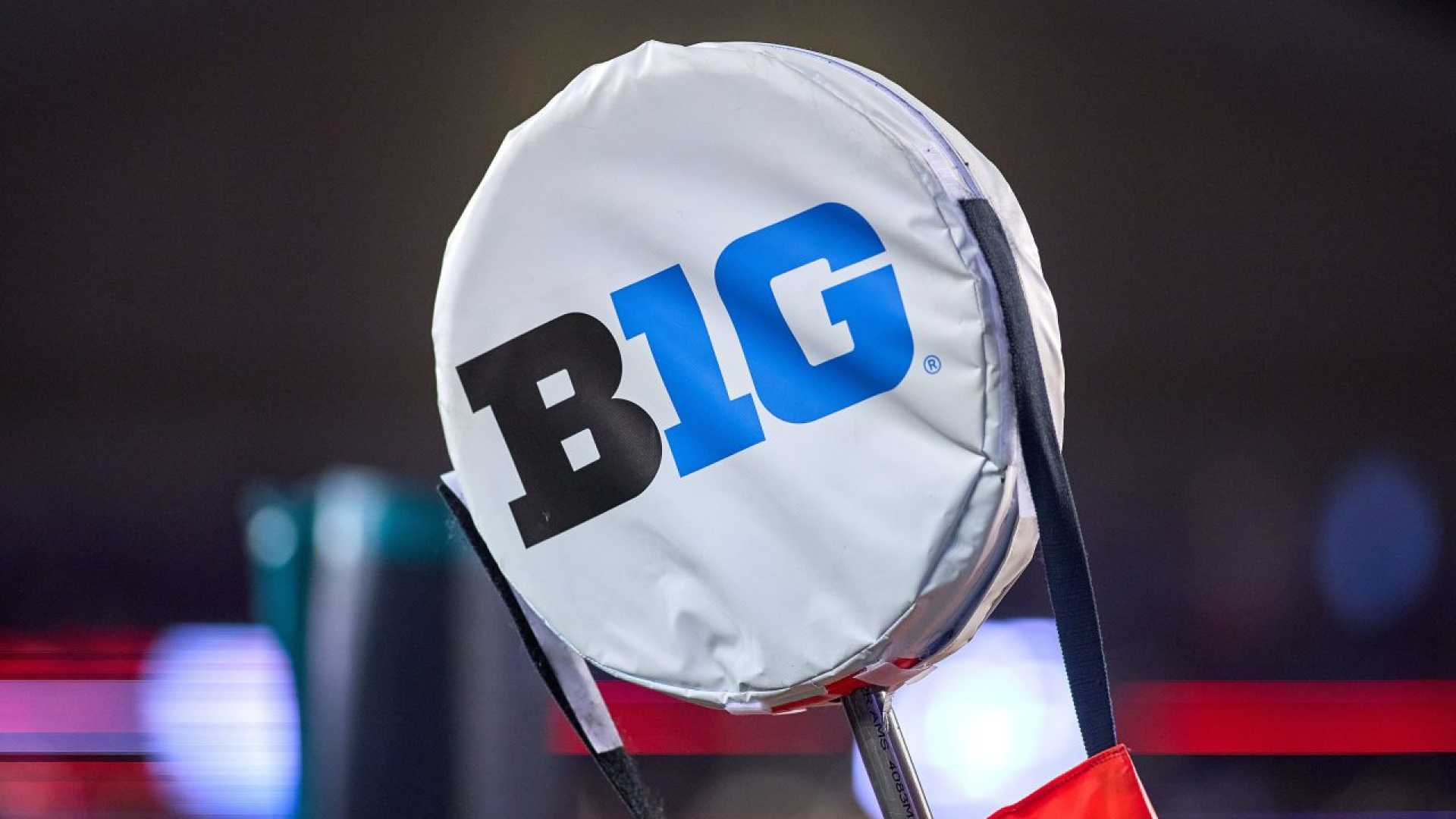Sports
Big Ten Schools Demand Athletes Surrender Rights in Revenue-Sharing Deals

CHICAGO, Ill. — Big Ten universities are requiring athletes to sign agreements that relinquish their rights to control their name, image, and likeness (NIL) and surrender any claim to employee status, according to a memorandum of understanding (MOU) obtained by Sportico. The seven-page document outlines a revenue-sharing structure that allows schools to sublicense athletes’ NIL rights to third parties and includes provisions to adjust payments based on performance or transfer status.
The agreement, viewed by Sportico, also contains a morals clause, requires athletes to maintain good academic standing, and explicitly states that the deal is not “pay-for-play.” Schools can demand reimbursement for payments if an athlete transfers or enters the transfer portal, and the MOU allows for payment adjustments based on performance metrics, such as winning a Heisman Trophy or reduced playing time.
Controversy has erupted over the case of former Wisconsin player Xavier Lucas, who attempted to transfer to Miami without entering the transfer portal. Wisconsin confirmed a “binding two-year NIL agreement” with Lucas and suggested it may pursue legal action against both Lucas and Miami for alleged tampering. The Big Ten has backed Wisconsin’s efforts to enforce the agreement, citing concerns over contract interference.
The MOU, provided by a source from another Big Ten institution, reveals the complexities of the revenue-sharing model. It grants schools broad licensing rights to athletes’ NIL, including their name, image, and social media handles, while prohibiting athletes from claiming royalties from sublicensing deals. The agreement also includes a “No Employment” clause, explicitly stating that athletes are not employees and waiving their right to sue on that basis.
Drafters of the MOU faced the challenge of securing intellectual property rights for schools while avoiding the creation of an employment relationship. The document emphasizes that the agreement is a business contract, marking a departure from traditional NCAA language that emphasized amateurism. Notably, the term “student-athlete” is absent from the agreement.
The MOU also addresses the contentious issue of broadcast NIL (BNIL), which refers to athletes’ rights to revenue from televised games and video games. The agreement requires athletes to acknowledge that they have no publicity rights in broadcasts, a position consistent with NCAA arguments upheld by the U.S. Court of Appeals for the Sixth Circuit in 2016. However, this stance is being challenged in multiple lawsuits, including cases involving former college athletes like Reggie Bush and Terrelle Pryor.
In the event of a dispute, the MOU mandates a resolution process that includes written notice, a 10-day “opportunity to cure,” and 20 days of good-faith negotiations before legal action can be pursued. The agreement also includes a morals clause, prohibiting athletes from engaging in conduct that could harm their image or that of their school, conference, or the NCAA.
As schools, conferences, and athletes navigate this new landscape, the MOU highlights the tension between compensating athletes for their contributions and maintaining the traditional structure of college sports. The proposed settlement, set for final approval in April, would allow schools to share up to $20.5 million annually with athletes, with the amount increasing over a 10-year period.












